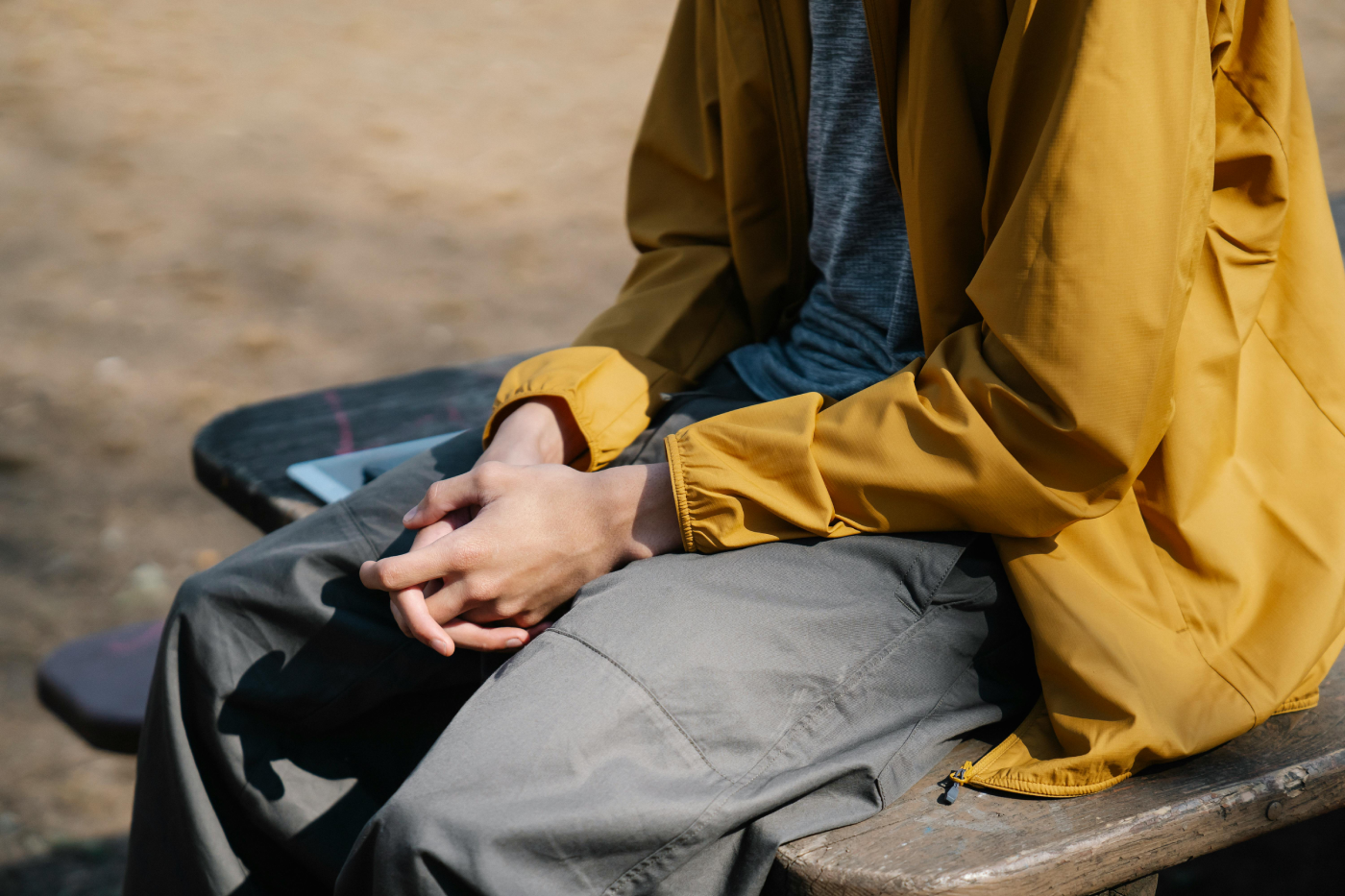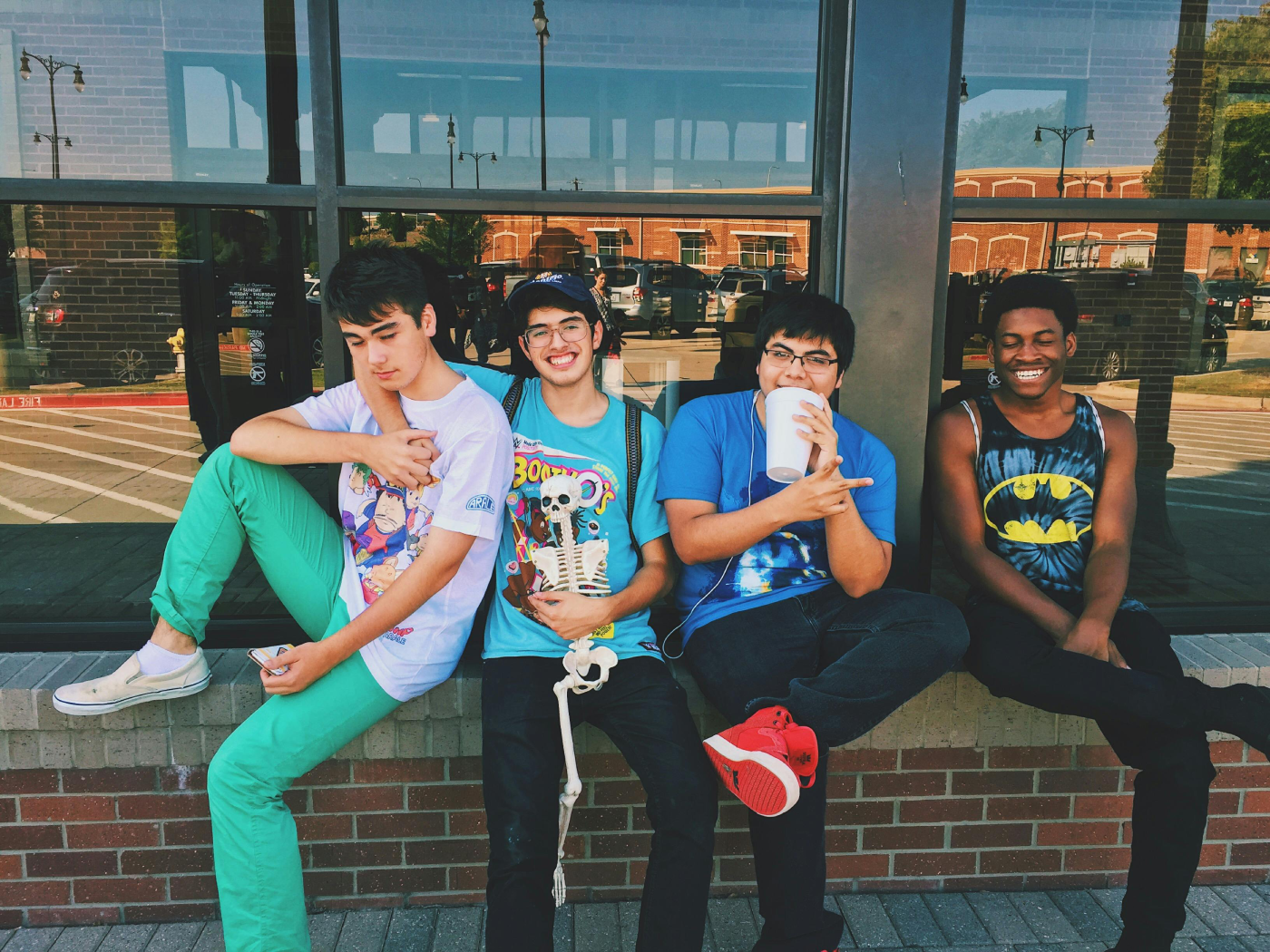A large part of addiction recovery is redefining yourself, now that you are sober. People who suffer from substance use disorder lose frequently interest in many of their passions or hobbies during their addiction. Getting sober means allowing yourself to reconnect with old interests and maybe even discover some new ones.
It’s never too late to try something new or resume an old hobby. You want to explore a variety of different activities that can make your interests well-rounded. For instance, active and healthy habits, productive and creative outlets, and activities that can lead to good career opportunities.
Active and Healthy Habits
Creating new habits is an important part of developing a healthy and sober lifestyle. However, it is easier to create healthy habits when you enjoy the healthy activities that you’ve implemented in your schedule. Whether you have fun making nutritious meals or learning how to tap dance, creating healthy habits can allow you to develop new interests and find new hobbies that you may enjoy.
It might be helpful to look into different fun ways to work out, such as dancing, yoga, strength exercises, taking walks, or hiking. You might be able to find an activity that you love in the most unlikely of places. Get creative with your exercising and maybe even try a virtual boxing class or Taekwondo. Your physical health is a big part of your addiction recovery, and you’ll need both a healthy diet and a regular workout routine to maintain your physical health. Experiment with fun ways to exercise and delicious ways to eat healthily.
Keep in mind what best fits your needs and sparks your interests. You could turn cooking healthy meals into an adventure of trying new spices or ingredients. However, if you struggle to find joy in cooking or exercising, then make it easy for yourself by trying a small 15-minute workout and fast healthy meals that are reliably easy to make, delicious, and supply you with the nutrients that you need. Not all activities will be the right fit for you.
Productive Creative Outlets
If you find yourself lonely and looking for a way to fill up time, try digging up some arts and crafts. Challenge yourself to water paint a landscape or draw a creative portrait of your dog. Re-establishing an interest in creative activities can be cathartic and rewarding. If you’re feeling stressed, you can write down your frustrations and turn them into a poem. If you have an old instrument lying around, you can try sight-reading some sheet music and see how much you remember.
You could also spend time studying music theory. Creative activities can help you manage negative emotions by giving you a constructive activity that you can use to channel your energy into. You might find that playing with clay will help relieve your stress or that playing a song allows you to transfer your emotions through a song’s melody. Creativity can also take the form of making something new.
For instance, you could make a birdhouse, paint a room in your house, or make a potholder or scarf. Creative outlets can also create a sense of progress for you as you continue in your sobriety. They can allow you to set goals for yourself that result in you gaining more creative skills and a sense of pride when you tackle a creative skill that you were previously struggling with.
Potential Career Changes
When you are developing new interests, whether they are creative, active, or academic, you will want to think about how these new interests could help you advance your career or help you change career paths. You might want to consider joining an aftercare program that offers job coaching. A job coach can help you discover a job or career path that is suited for your skillset. They can help you find the right jobs to apply to and review your resume and cover letters. It’s important to research the industry that you potentially want to go into.
Think about the type of labor the field requires. You may also want to think about how you might have to adapt to meet the responsibilities of a potential job in this field while still maintaining your sobriety. It may take a few tries of putting yourself out there before you find a job suitable for you. However, the more you try new things, the easier it should be for you to narrow down both your skillsets and your interests.
Developing new interests during your addiction recovery can help you stay healthy and active, develop healthy emotional outlets, and potentially lead to establishing a career path for yourself. Active hobbies can keep you physically healthy, creative outlets can help you manage your emotions, and understanding your interests and skillset can put you on the right career path. Don’t be afraid to try new activities, so you can better understand what you do and don’t like.
Shoreline Recovery Center offers an aftercare program that can help you rediscover your interests, stay sober, and find a job that is a good fit for you. At Shoreline Recovery Center, we can also refer you to tools and organizations that can help you further develop your interests, explore career opportunities, and ultimately help you through your recovery. Addiction recovery is a journey you have to constantly commit yourself to, so don’t be afraid to reach out for help. If you or a loved one is struggling with addiction, please call (866) 278-8495 today.







